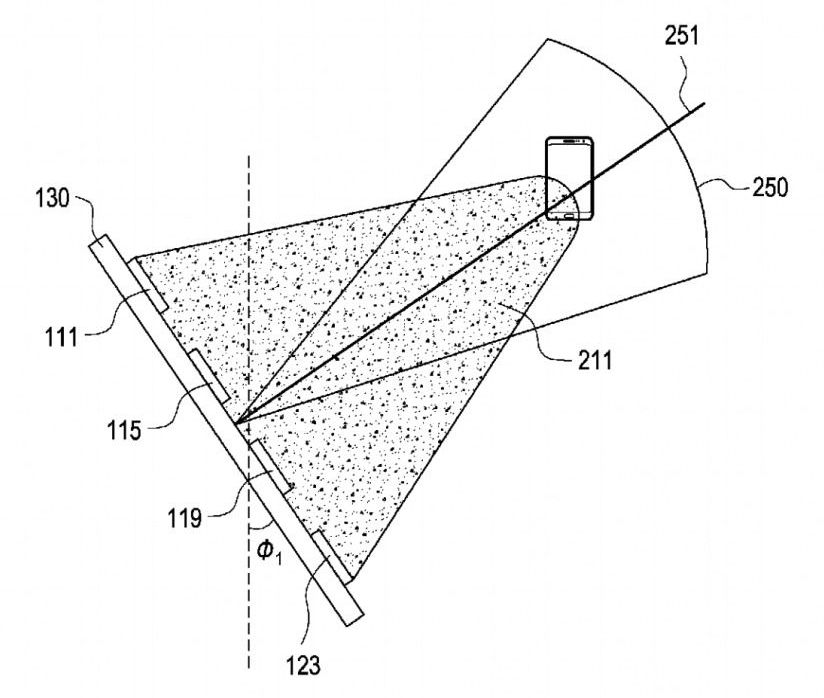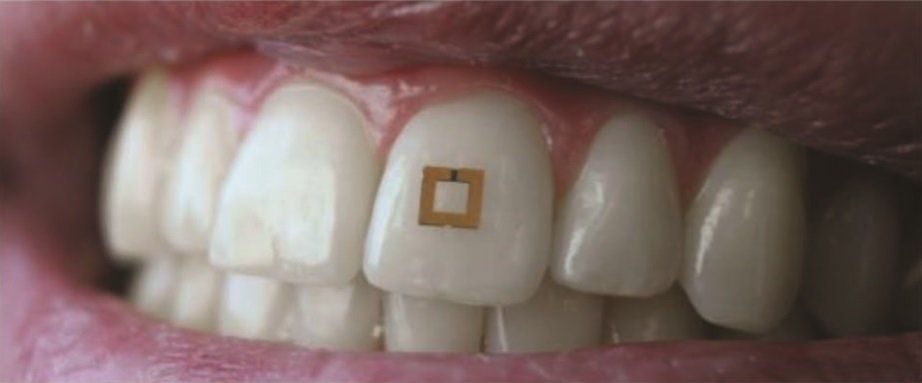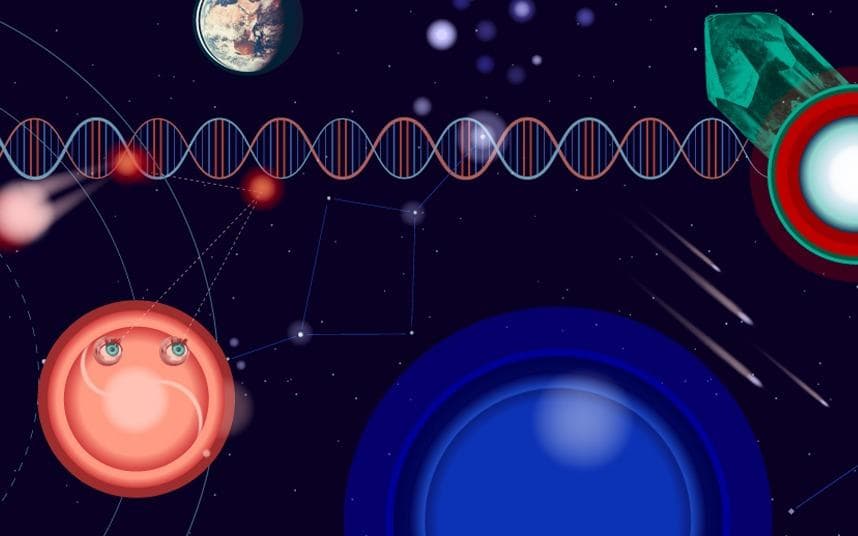Page 9904
Mar 23, 2018
No more wires! Samsung patents ‘over the air’ wireless tech that charges multiple gadgets at the same time
Posted by Shane Hinshaw in category: mobile phones
The Samsung patent would allow you to charge your phone no matter where you are in the room.
Mar 23, 2018
Toyota Just Patented a “Cloaking Device”
Posted by Shane Hinshaw in category: space travel

Toyota is developing a device that would allow objects to turn invisible, or at least transparent. The Japanese car maker recently received a patent from the U.S. Patent and Trademark Office for a device meant to improve the visibility of drivers.
From cloaking devices that conceal spaceships, to Harry Potter’s hand-me-down disappearing blanket, or even the One Ring and its power to conceal its wearer, invisibility is a staple in science fiction and fiction in general. Scientists have been hard at work, however, to bring such a technology into reality. Joining the research and development of cloaking technology is Japanese car manufacturer Toyota.
Mar 23, 2018
Bioquark Inc. — Evolution of the New SuperHuman — Ira Pastor
Posted by Ira S. Pastor in categories: alien life, bioengineering, business, cosmology, DNA, genetics, health, life extension, transhumanism
Mar 23, 2018
The World’s Biggest Crypto Exchange Is Heading to Malta
Posted by Genevieve Klien in categories: cryptocurrencies, finance
Binance, the world’s largest cryptocurrency exchange by traded value, is seeking a fresh start in the Mediterranean.
The company, founded last year in Hong Kong, is planning to open an office in Malta, said founder Zhao Changpeng in an interview from Hong Kong. Binance will soon start a “fiat-to-crypto exchange” on the European island nation, and is close to securing a deal with local banks that can provide access to deposits and withdrawals, he said, without providing a timeframe.
“We are very confident we can announce a banking partnership there soon,” Zhao said. “Malta is very progressive when it comes to crypto and fintech.”
Continue reading “The World’s Biggest Crypto Exchange Is Heading to Malta” »
Astronomers spend their time gazing out into the Universe — and occasionally the Universe seems to peer right back! This image, a composite of data from the Atacama Large Millimeter/submillimeter Array (ALMA) and the NASA/ESA Hubble Space Telescope, shows a very rare cosmic sight: a pair of interacting galaxies that have taken on an ocular structure.
As the name suggests, some types of grazing encounters between galaxies create shapes that resemble the human eye. While galaxy collisions of this type are not uncommon, only a few galaxies with eye-like, or ocular, structures have been observed. The paucity of these features is likely due to their very ephemeral nature — ocular structures like these tend to only last for several tens of millions of years, which is merely the blink of an eye in a galactic lifetime.
These two galaxies are named IC 2163 (left) and NGC 2207 (right) — IC 2163 displays the ocular structure in this image. The duo lies approximately 114 million light-years from Earth in the direction of the constellation of Canis Major (The Greater Dog).
Mar 23, 2018
Scientists develop tiny tooth-mounted sensors that can track what you eat
Posted by Genevieve Klien in categories: biotech/medical, food, health, wearables
Monitoring in real time what happens in and around our bodies can be invaluable in the context of health care or clinical studies, but not so easy to do. That could soon change thanks to new, miniaturized sensors developed by researchers at the Tufts University School of Engineering that, when mounted directly on a tooth and communicating wirelessly with a mobile device, can transmit information on glucose, salt and alcohol intake. In research to be published soon in the journal Advanced Materials, researchers note that future adaptations of these sensors could enable the detection and recording of a wide range of nutrients, chemicals and physiological states.
Previous wearable devices for monitoring dietary intake suffered from limitations such as requiring the use of a mouth guard, bulky wiring, or necessitating frequent replacement as the sensors rapidly degraded. Tufts engineers sought a more adoptable technology and developed a sensor with a mere 2mm x 2mm footprint that can flexibly conform and bond to the irregular surface of a tooth. In a similar fashion to the way a toll is collected on a highway, the sensors transmit their data wirelessly in response to an incoming radiofrequency signal.
The sensors are made up of three sandwiched layers: a central “bioresponsive” layer that absorbs the nutrient or other chemicals to be detected, and outer layers consisting of two square-shaped gold rings. Together, the three layers act like a tiny antenna, collecting and transmitting waves in the radiofrequency spectrum. As an incoming wave hits the sensor, some of it is cancelled out and the rest transmitted back, just like a patch of blue paint absorbs redder wavelengths and reflects the blue back to our eyes.
Continue reading “Scientists develop tiny tooth-mounted sensors that can track what you eat” »
Mar 23, 2018
The trillion dollar company: is this Britain’s Apple?
Posted by Genevieve Klien in category: robotics/AI
Artificial intelligence, Fintech and HealthTech offer areas where UK can lead the world — will Britain develop the world’s first trillion dollar company?
Mar 23, 2018
Niti Aayog Chalking Out Much Needed Policy on AI for India
Posted by Genevieve Klien in categories: economics, policy, robotics/AI
India’s artificial intelligence journey could get a big boost this year.
The National Institution for Transforming India (NITI) Aayog is reportedly going to release a first-ever national policy on AI directly rivalling whatever’s going on in China on the subject. The policy will chalk out the scope of AI via research and how the technology will be adopted in the years to come.
According to an Economic Times report, NITI Aayog will form the policy with short, medium and long term goals in mind, spread up to 2030.
Continue reading “Niti Aayog Chalking Out Much Needed Policy on AI for India” »
Mar 23, 2018
More Sinkholes Could Form as Texas is ‘Punctured Like a Pin Cushion’
Posted by Genevieve Klien in category: futurism
There are two large sinkholes in West Texas, both near the town of Wink. These sinkholes are growing and are thought to be the result of destabilized ground caused by oil production in the area. A new study shows that Wink is not the only part of West Texas that suffers from shaky terrain.

















